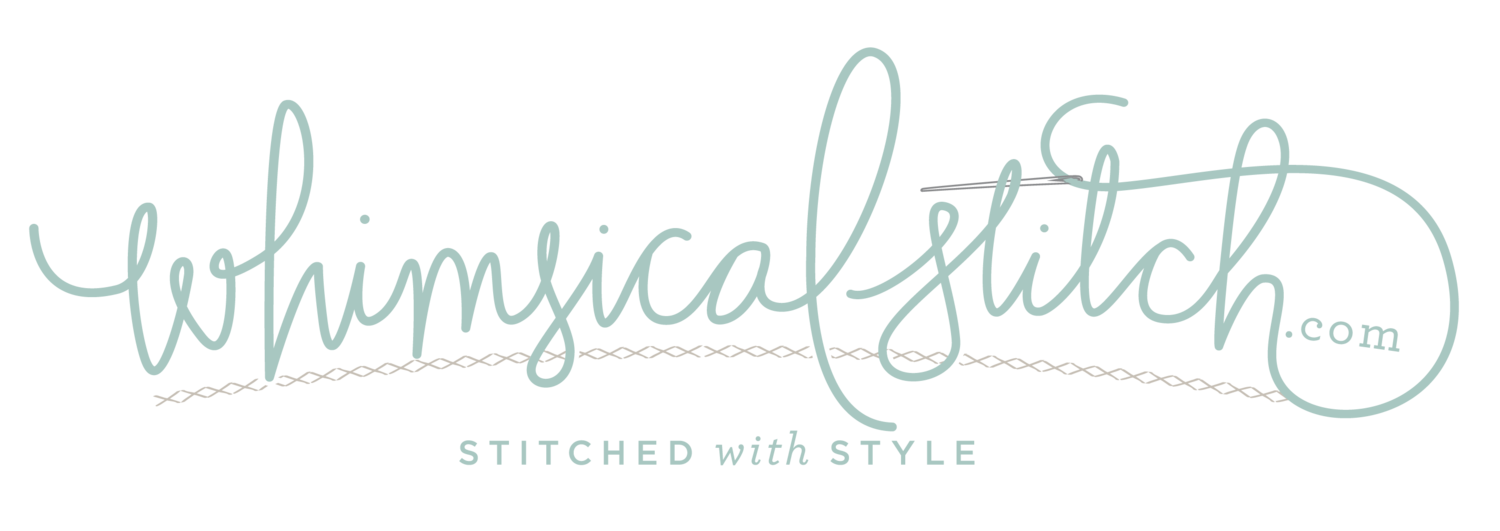Every time I see this stitch, I see a different path to stitch it. This is the perfect example of how not every numbering pattern is for everyone. What's more important is that it is a cute and effective stitch.
This stitched sample is a roof from Emma Williams Rooftops stitch guide, using DMC Perle Cotton #8 on 13-mesh. The shading on this canvas is exquisite and I went out of my way to expose it or integrate the color schemes of the individual roofs into an appropriate full coverage stitch. This stitch accentuates shading in a great way as the open areas are not a traditional shape nor are they on perfect 90° or 45° angles. It's intriguing to me.
Technically, it's a small stitch, yet I wouldn't classify it as such because of the open areas. I think this would make great water as, at first glance, it's a little messy. Long-time readers may recall my go-to threads for water are Petite Silk Lame and/or a lightweight Kreinik Metallic. It would be very interesting as a tree or green space with Lorikeet, Burmilana, or ThreadWorx overdyed floss or wools.
To close the loop on numbering from earlier. This is such a perfect example of how numbering is in the eyes of the beholder. The first time I stitched it, I stitched similar squares from right to left on a downward oblique angle (essentially skipping a row across). When I returned to it, I stitched it in horizontal columns, skipping two rows in between and returning up the horizontal column with the squares in the other direction. It's all a matter of perspective. Neither way was better or easier. It was simply the way I saw it at that given time.
This stitch diagram, along with all other #whimsicalwednesday and #smallspacesunday stitch diagrams, can also be found on a Pinterest board here.
Be sure to follow whimsicalstitch.com on Facebook, Pinterest, Instagram, and Twitter.
If you like what you see on this blog, want to learn some very creative decorative stitches, and how to put them all together, whimsicalstitch.com sells Stitch Guides and Stitch Concepts for Melissa Shirley Designs, Zecca Designs, and Patience Brewster. Click here to see the 20 newest guides and click here to see the entire collection.
I hope you have the perfect spot for this stitch! Please enjoy!
A Note about Diagrams
I use color in diagrams to make them as clear as possible. The primary function of different colored lines is to illustrate a stitch sequence. For example, layering of colors demonstrates you add them in that order. They can also provide ideas on how to integrate additional threads (one line for each color). Or, you can use the same thread for all color lines. That's where I encourage you to use your imagination for the space you are stitching!



